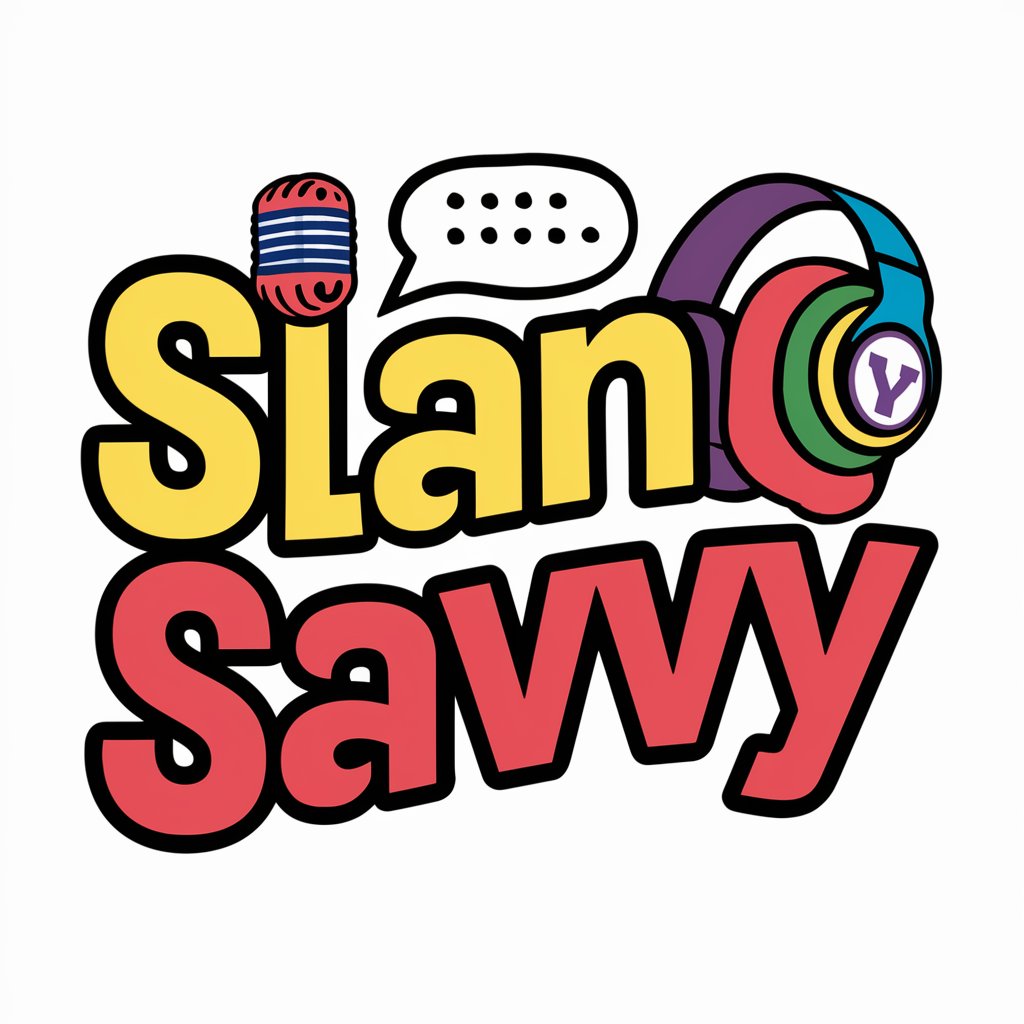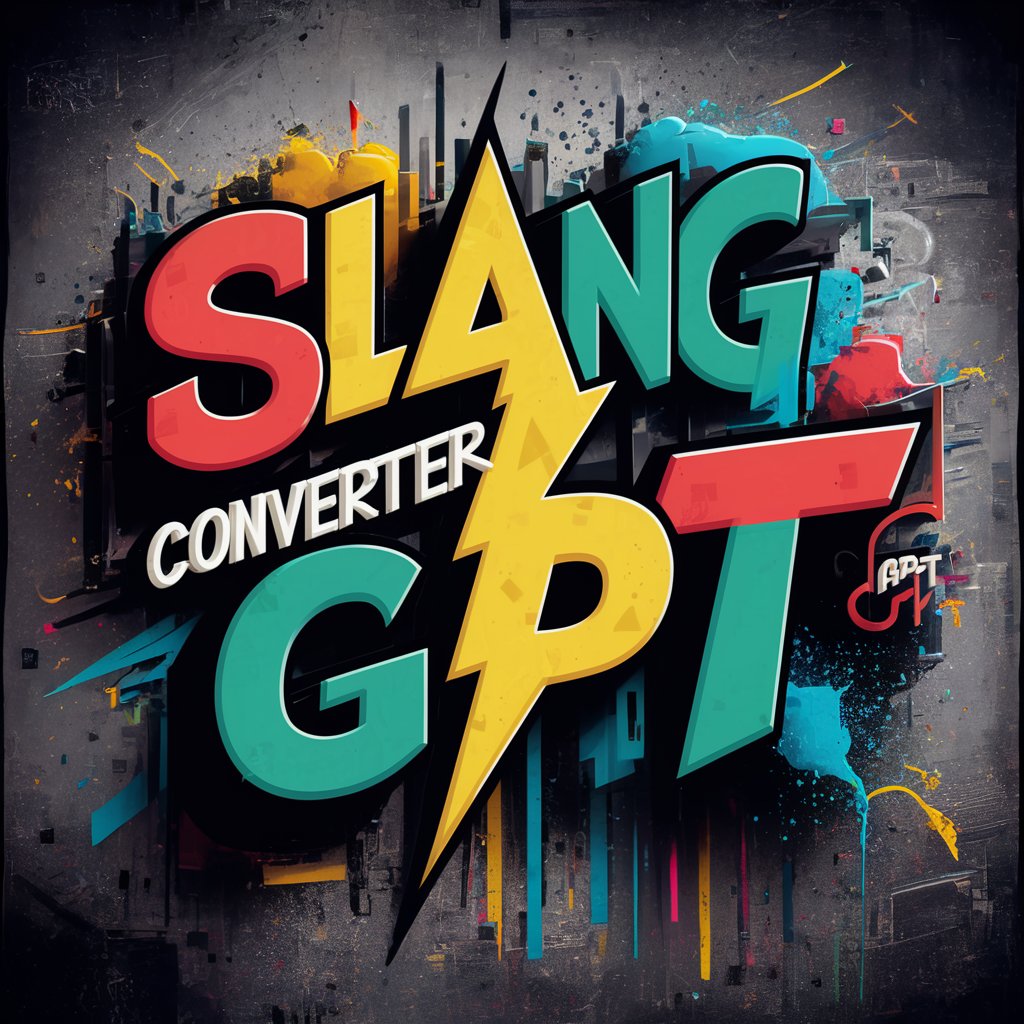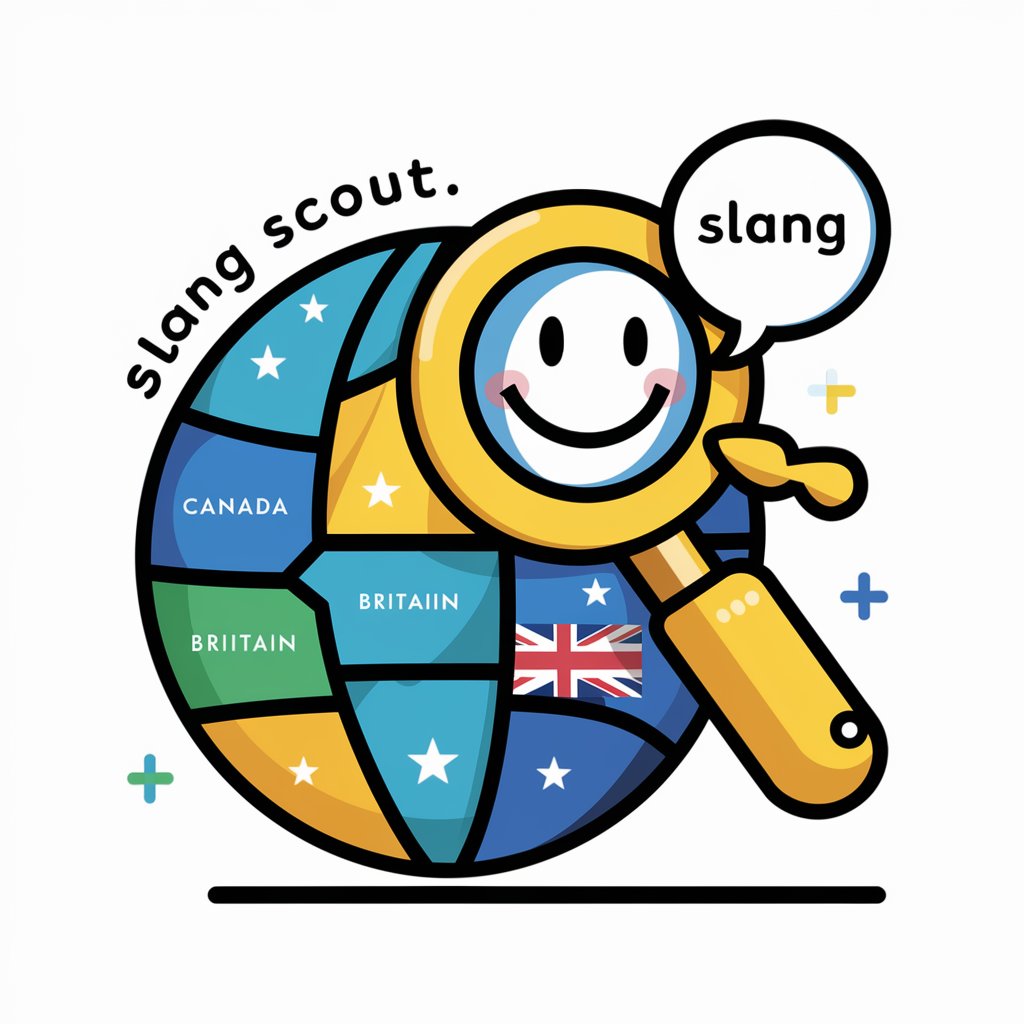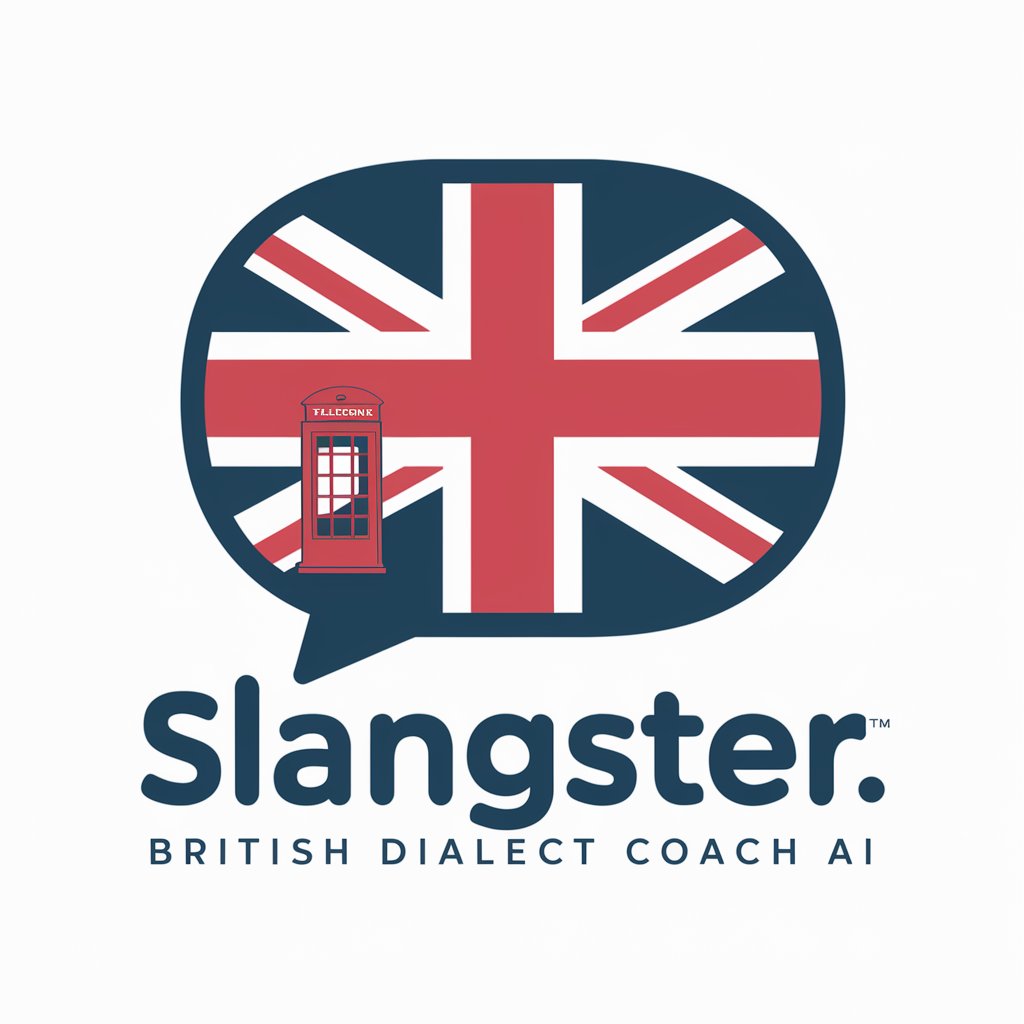
UK Slang Translator - MLE Slang Explanation AI

Hey there! Ready to decode some UK slang?
Demystifying UK Slang with AI
Translate this MLE slang:
What does this UK slang term mean:
Explain this British slang phrase:
Give me the meaning of this MLE word:
Get Embed Code
Overview of UK Slang Translator
UK Slang Translator is a specialized tool designed to translate and explain Multicultural London English (MLE) slang, offering insights into its usage and cultural significance. The primary purpose of this tool is to bridge the gap between diverse linguistic expressions and those unfamiliar with them, enhancing understanding and communication. For instance, if someone encounters the slang 'peng', UK Slang Translator can explain that it means 'very attractive' or 'high quality' and is often used to describe people or things that are visually appealing or excellent in nature. Powered by ChatGPT-4o。

Core Functions of UK Slang Translator
Translation of Slang
Example
Translating 'mandem' to 'a group of male friends'.
Scenario
A user reading a novel set in London comes across the word 'mandem'. Using UK Slang Translator, they quickly understand that it refers to a close circle of male friends, contextualizing the relationships described in the book.
Cultural Contextualization
Example
Explaining the usage of 'tings' as items or events.
Scenario
A foreign journalist covering urban youth culture in the UK uses the translator to decode terms like 'tings', grasping that it can refer to activities or objects in casual conversation, thus capturing the essence of discussions more accurately in their report.
User Correction Submission
Example
A user submits a correction suggesting that 'bare' can also mean 'a lot of', not just 'very'.
Scenario
When a user feels that an explanation lacks depth or misses alternative meanings, they can submit corrections. These submissions are reviewed by experts, ensuring the tool stays current and reliable. This feature supports the tool’s accuracy and relevance, maintaining its educational value.
Target Users of UK Slang Translator
Students and Educators
Students learning English as a second language or those studying UK culture can use this tool to understand local dialects and slang, enhancing their comprehension and integration. Educators can incorporate it into curriculum resources to offer a more engaging and relevant learning experience for international students or those studying modern linguistics.
Writers and Journalists
Journalists and writers who cover topics related to contemporary UK settings, especially urban environments, can use the translator to ensure accuracy in depicting local vernacular. This helps in crafting authentic dialogues and narratives that resonate with local audiences or educate international readers.
Business Professionals
Professionals working in multicultural environments in the UK, or international companies with UK operations, can use this tool to familiarize themselves with colloquial expressions. This knowledge helps in building rapport and effective communication with colleagues and clients who use such slang in everyday conversation.

How to Use UK Slang Translator
Step 1
Visit yeschat.ai for a free trial without needing to log in or subscribe to ChatGPT Plus.
Step 2
Enter a phrase or sentence in UK slang that you need help understanding or translating into standard English.
Step 3
Submit your input to receive an immediate translation and detailed explanation of the slang, including usage and cultural context.
Step 4
Utilize the feature to suggest corrections or additions to enhance the tool’s accuracy and help it stay current with evolving slang terms.
Step 5
Explore different settings or preferences within the tool to tailor the explanations to your specific needs, such as varying the depth of cultural context or focusing on particular dialects.
Try other advanced and practical GPTs
Rhyming Slang Translator
Turn your chat into Cockney banter!

Japanese Slang Buddy
Master Japanese Slang with AI!
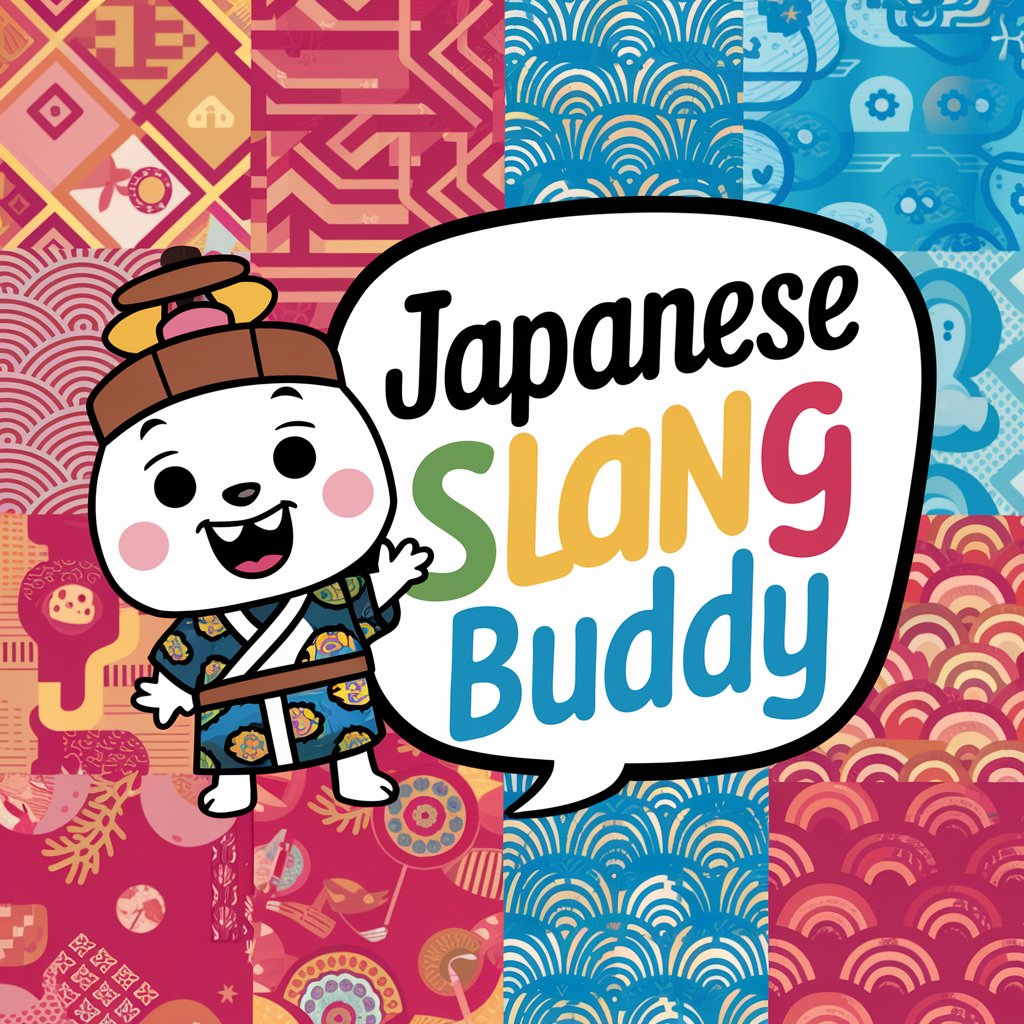
Slang Decoder GPT
Decoding slang with AI precision

Slang Scout
Decoding Gen Z Slang with AI

Japanese Slang Teacher
Learn Japanese Slang with AI!
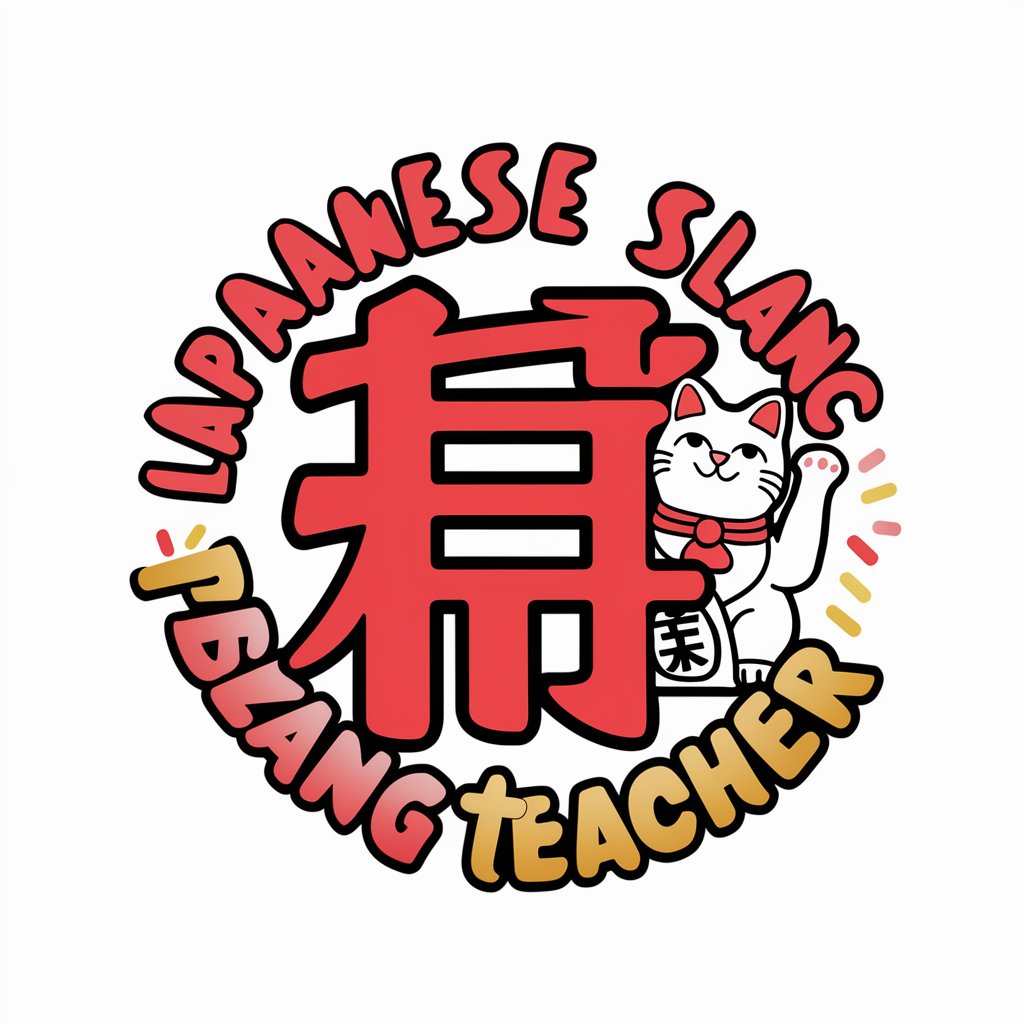
Slang explained
Demystifying Slang with AI Power
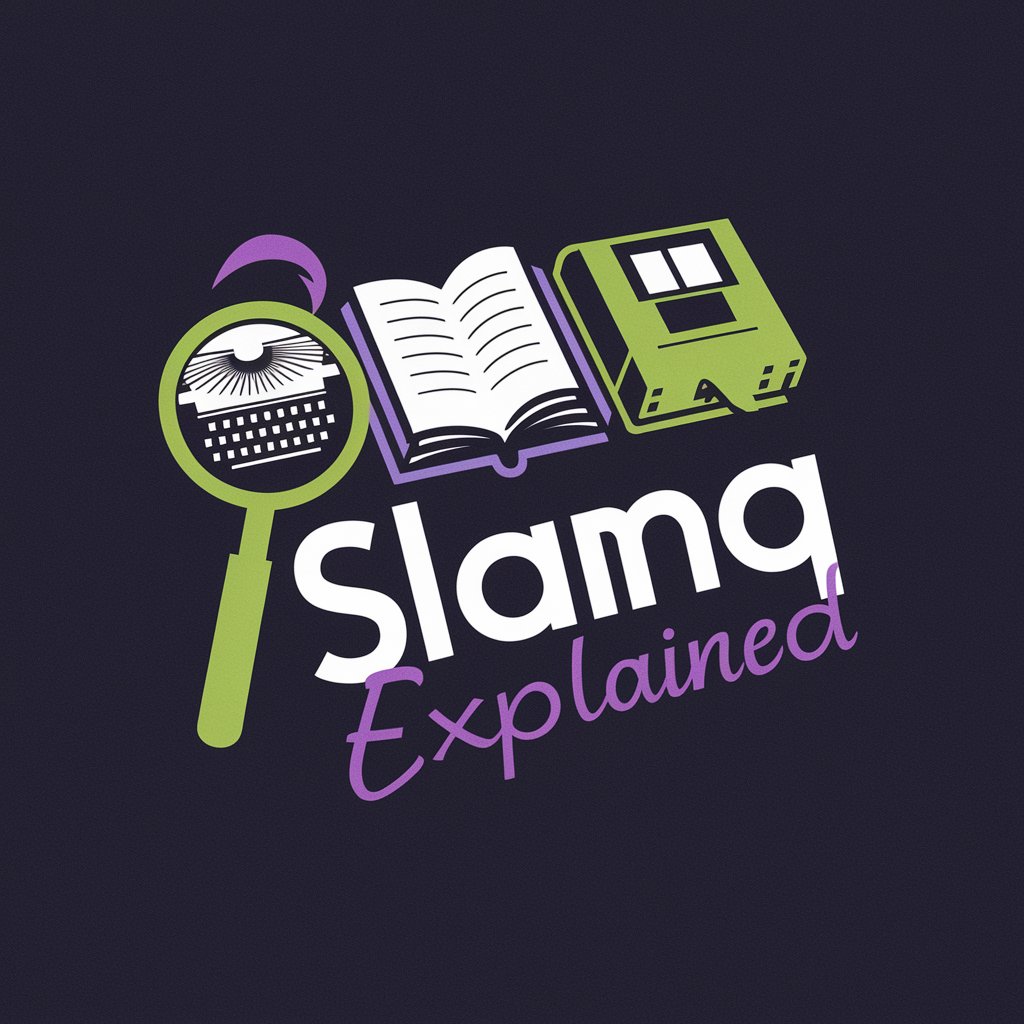
Slang Sleuth
Guess slang, learn culture!

Slang Scribe
Turn formal to casual with AI
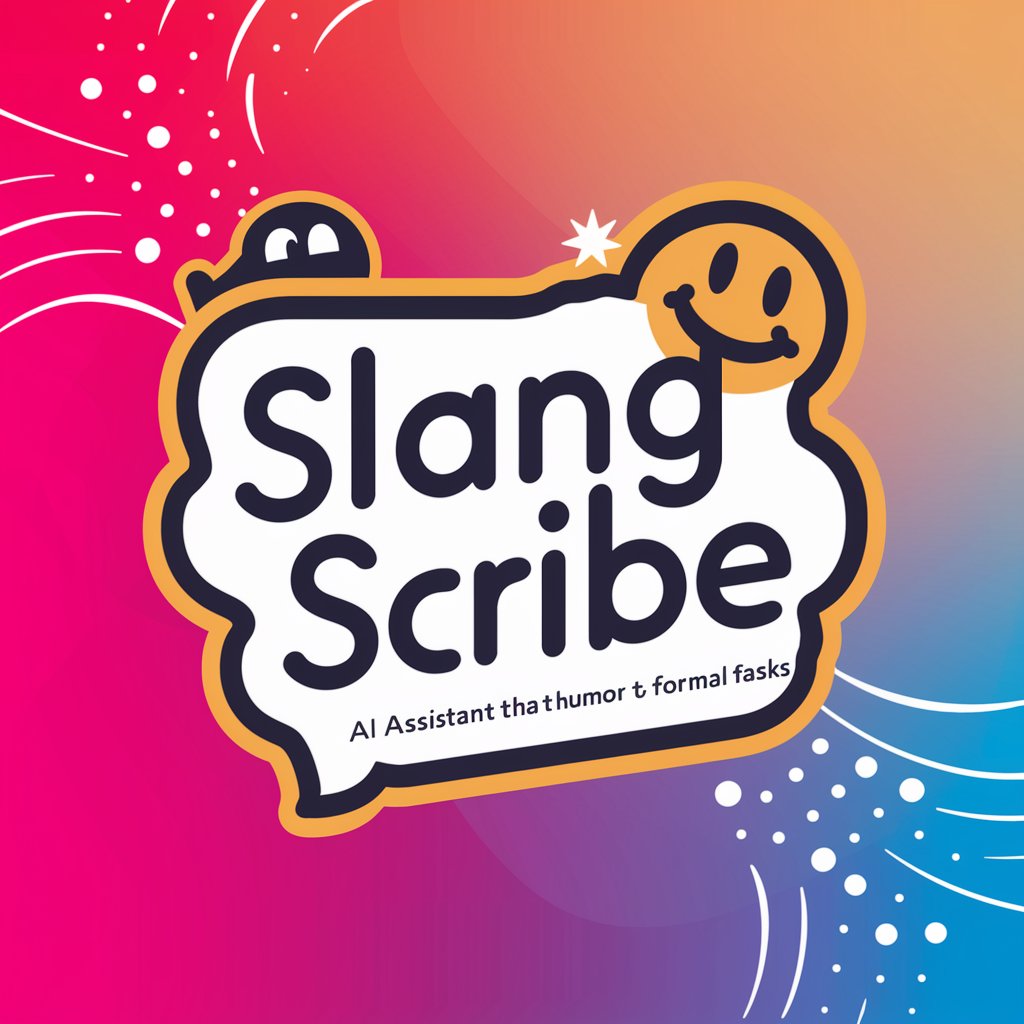
UK Slang
Master UK Slang with AI

Slang Generator
Turn Talk Into Slang, Powered by AI
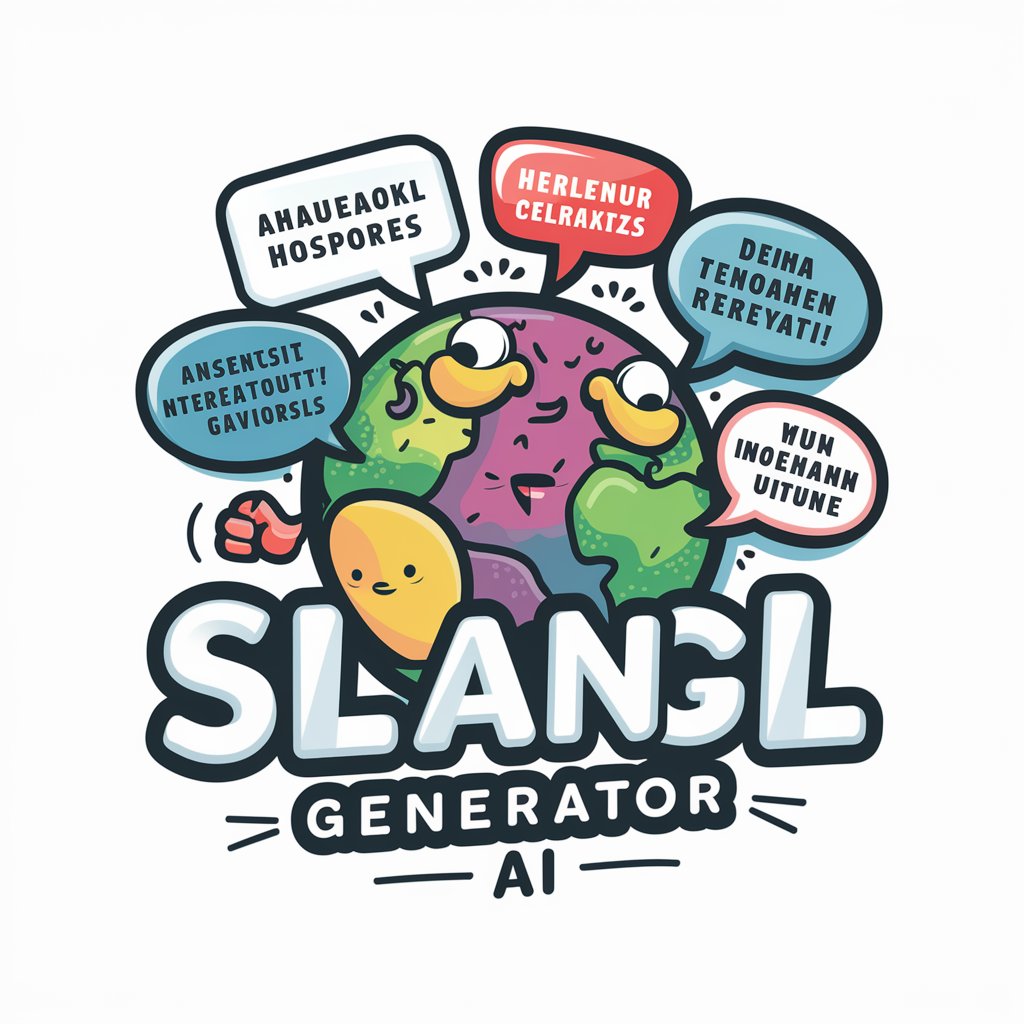
Slang Sleuth
Decipher Slang with AI-Powered Insights
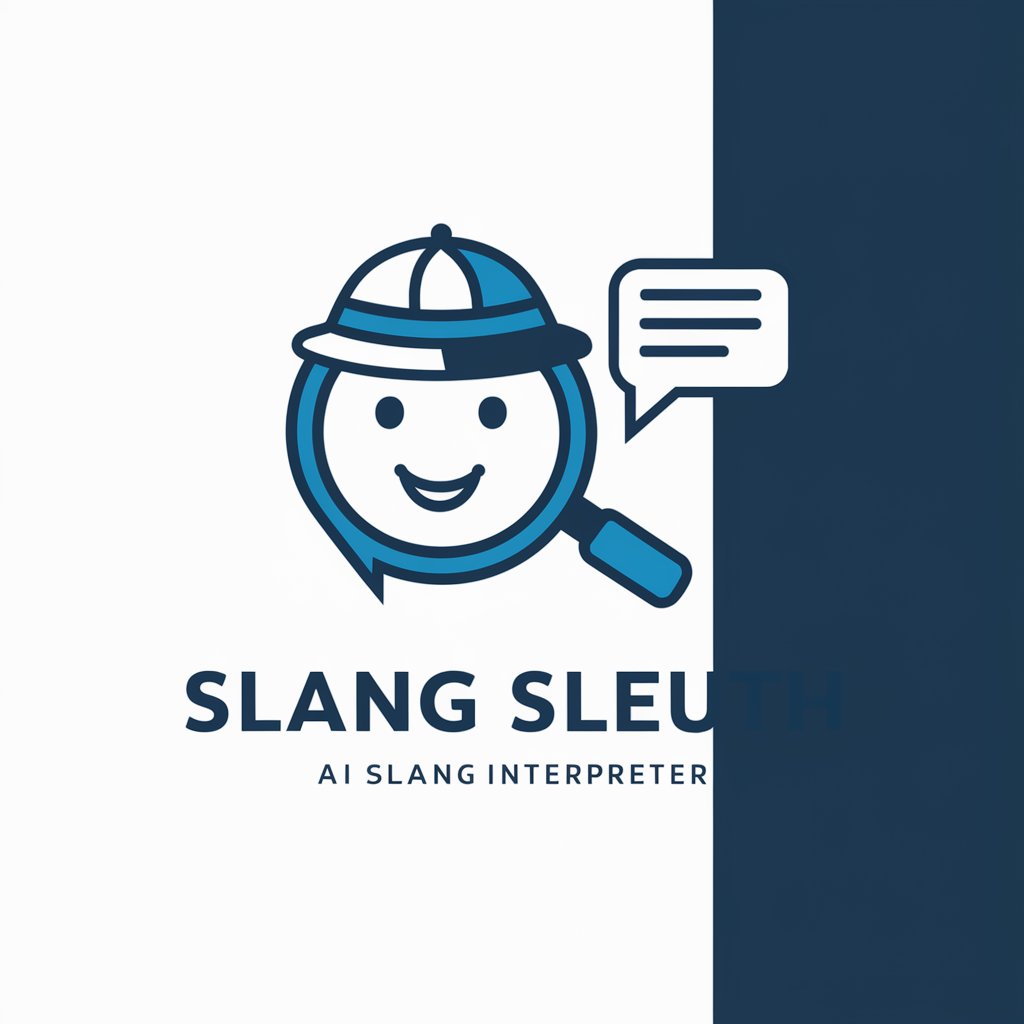
Slang Master GPT
Unlock Slang with AI
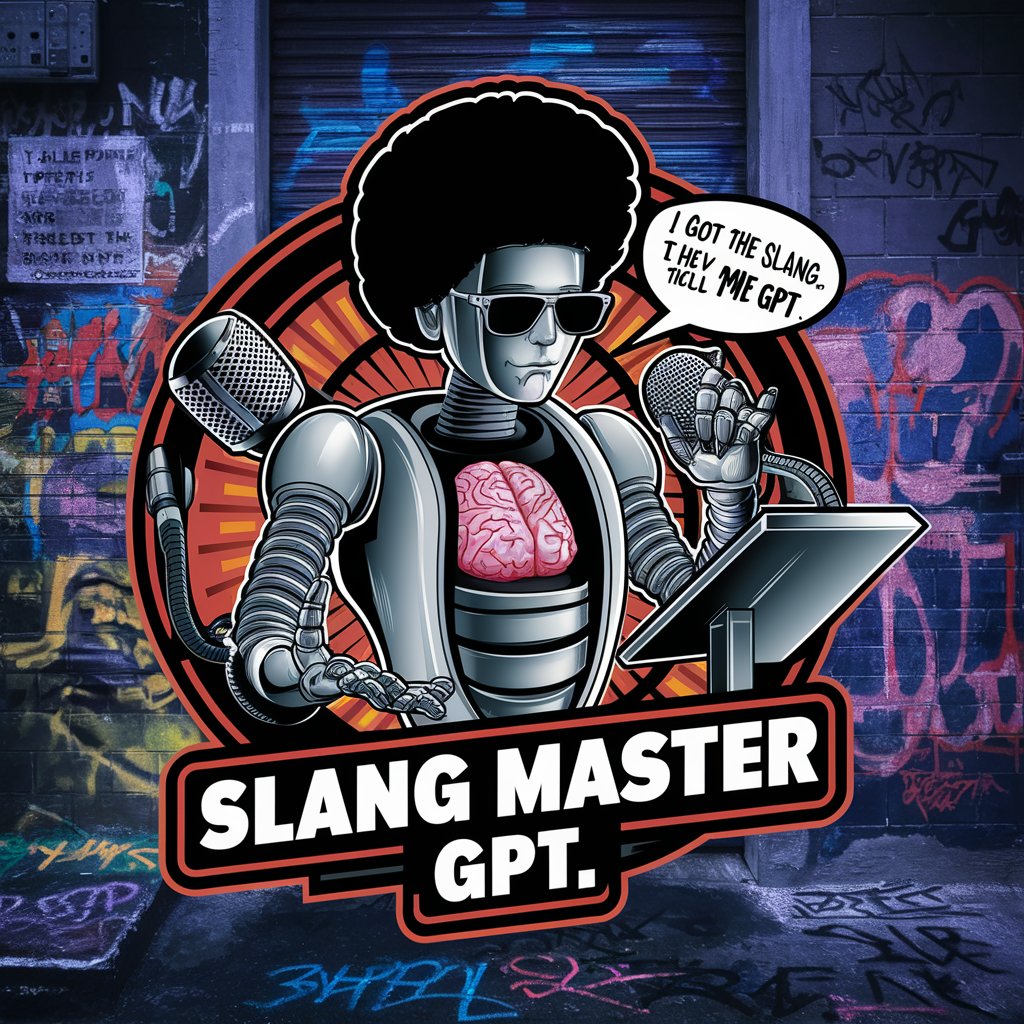
Frequently Asked Questions About UK Slang Translator
What is UK Slang Translator?
UK Slang Translator is an AI-powered tool designed to translate and explain UK slang, particularly MLE (Multicultural London English), providing both simple translations and in-depth contextual explanations.
Can I suggest changes to the translations provided?
Yes, users are encouraged to suggest corrections or updates to translations. This feedback is reviewed manually to ensure the tool remains accurate and up-to-date with current slang usage.
Is UK Slang Translator suitable for academic research?
Absolutely, it's a valuable resource for linguists, sociologists, and cultural studies scholars who are analyzing contemporary UK slang and its cultural implications.
How does UK Slang Translator handle new slang terms?
The tool is regularly updated based on user feedback and ongoing research by our team to incorporate new slang terms and ensure its translations reflect current usage.
Can UK Slang Translator help with learning English?
Yes, it helps non-native speakers and learners of English understand colloquial and culturally-specific phrases that are often not covered in traditional language courses.
